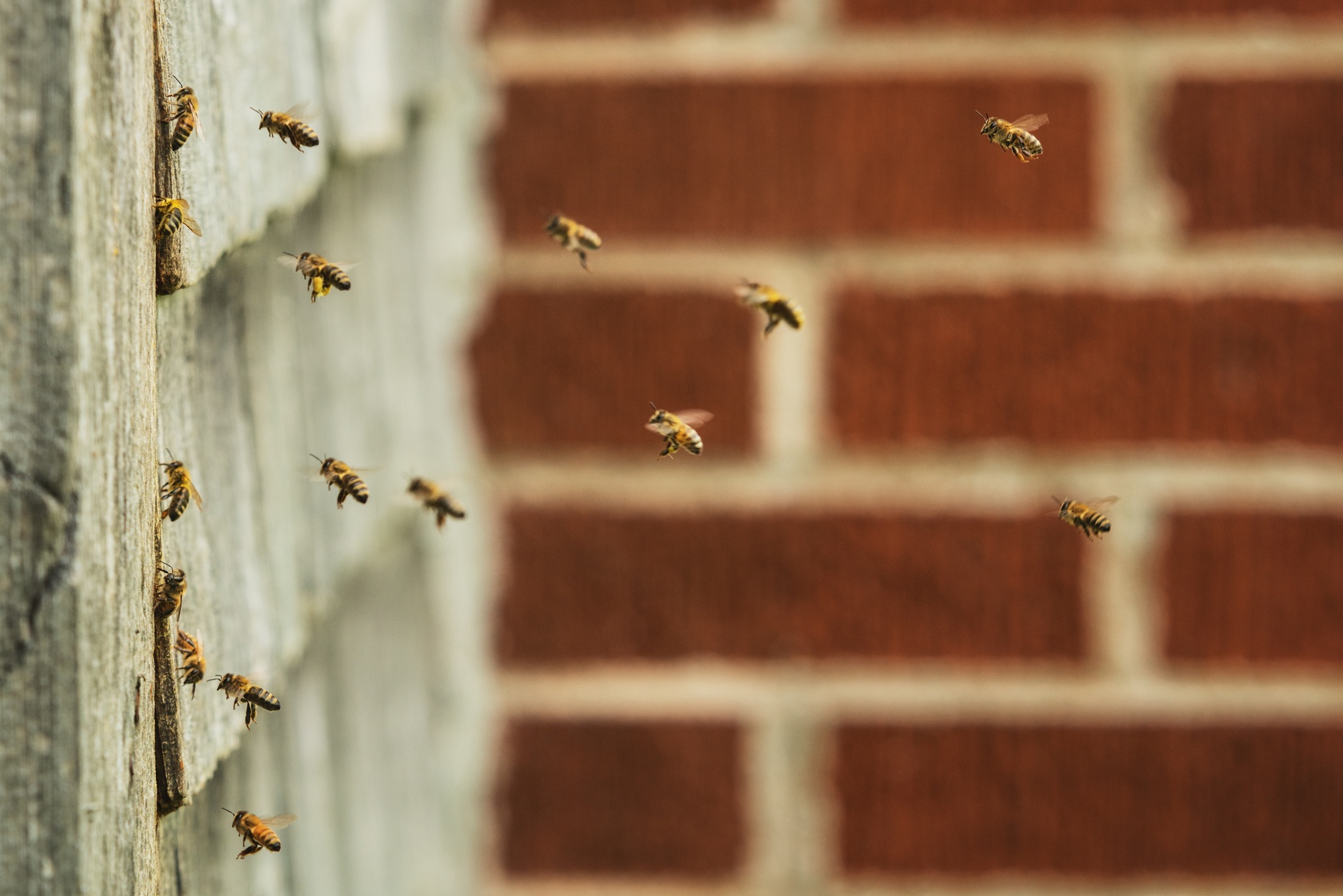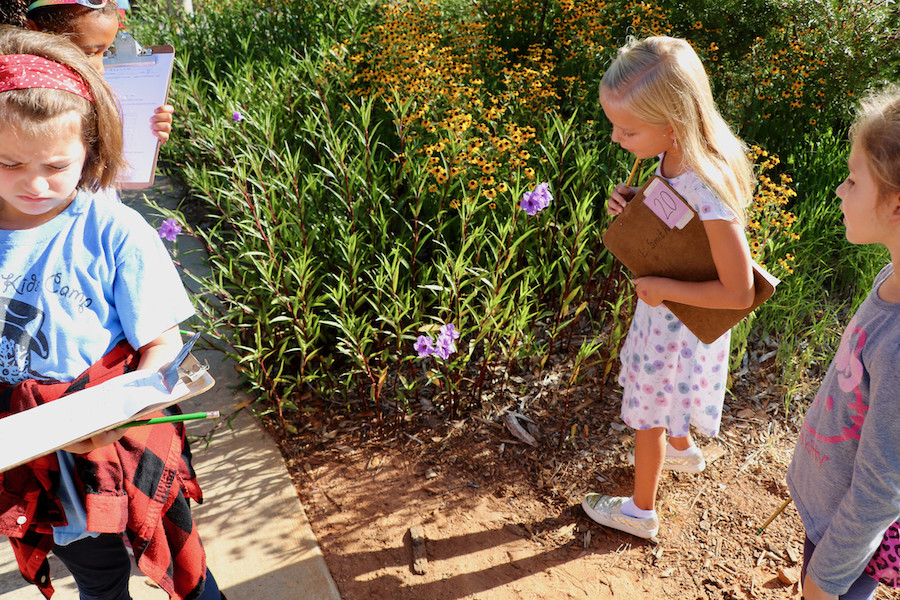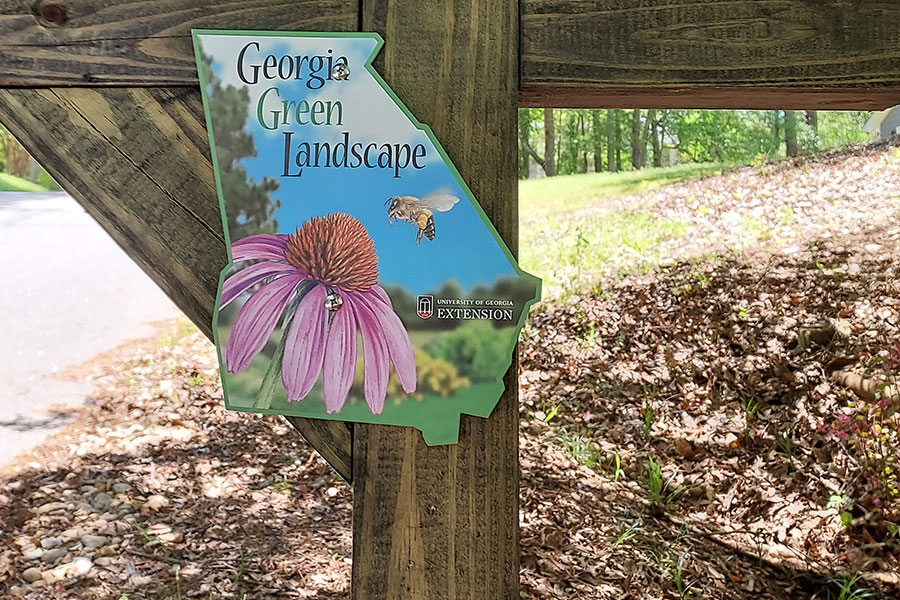 CAES News
CAES News
Georgia Green Landscape Stewards
Three years after its debut, the Georgia Green Landscape Stewards program is expanding throughout the state with the assistance of University of Georgia Cooperative Extension Master Gardener volunteers. Using a points-based system, the program has certified more than 200 private properties, public spaces and pollinator gardens in 47 counties as Georgia Green Landscapes, with new applications coming in every month.

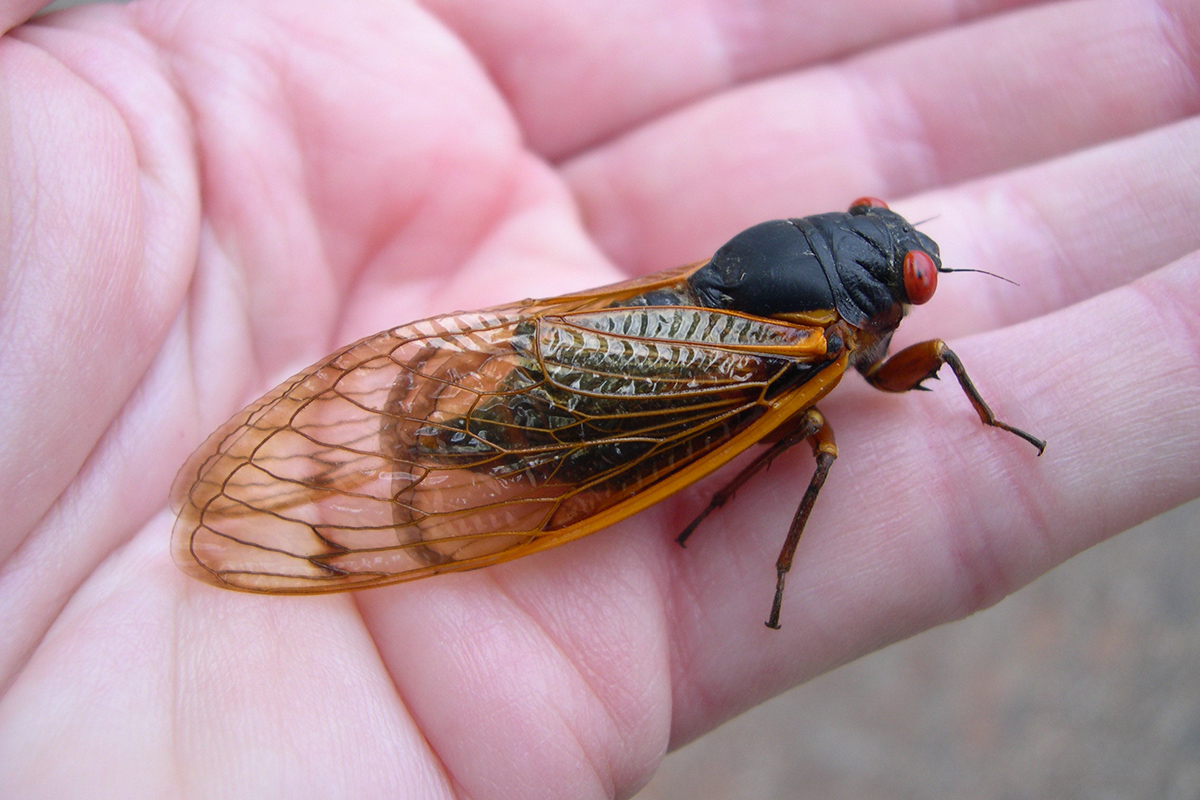
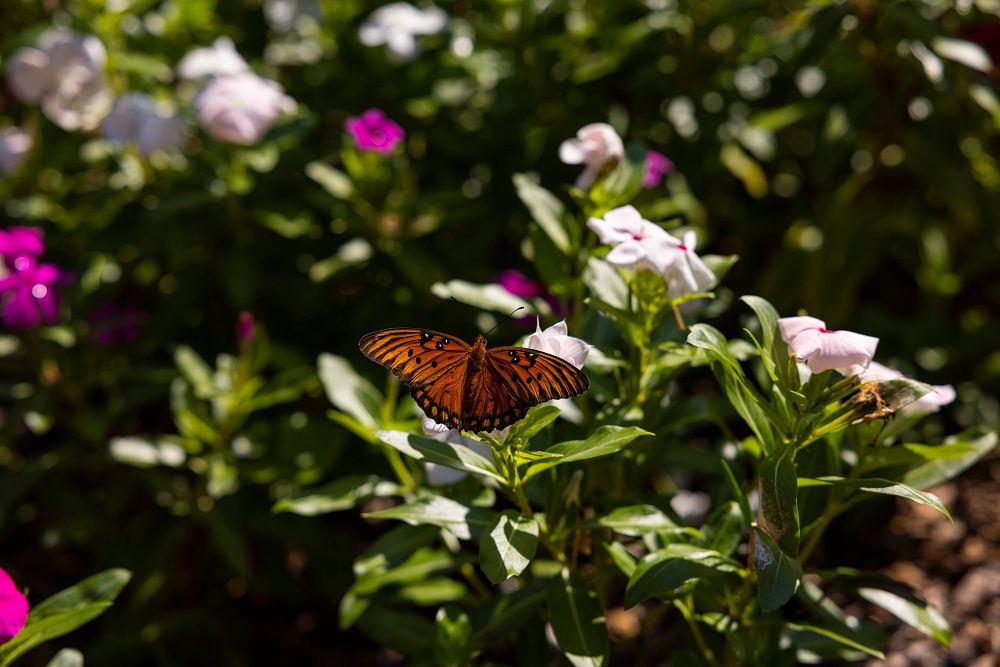
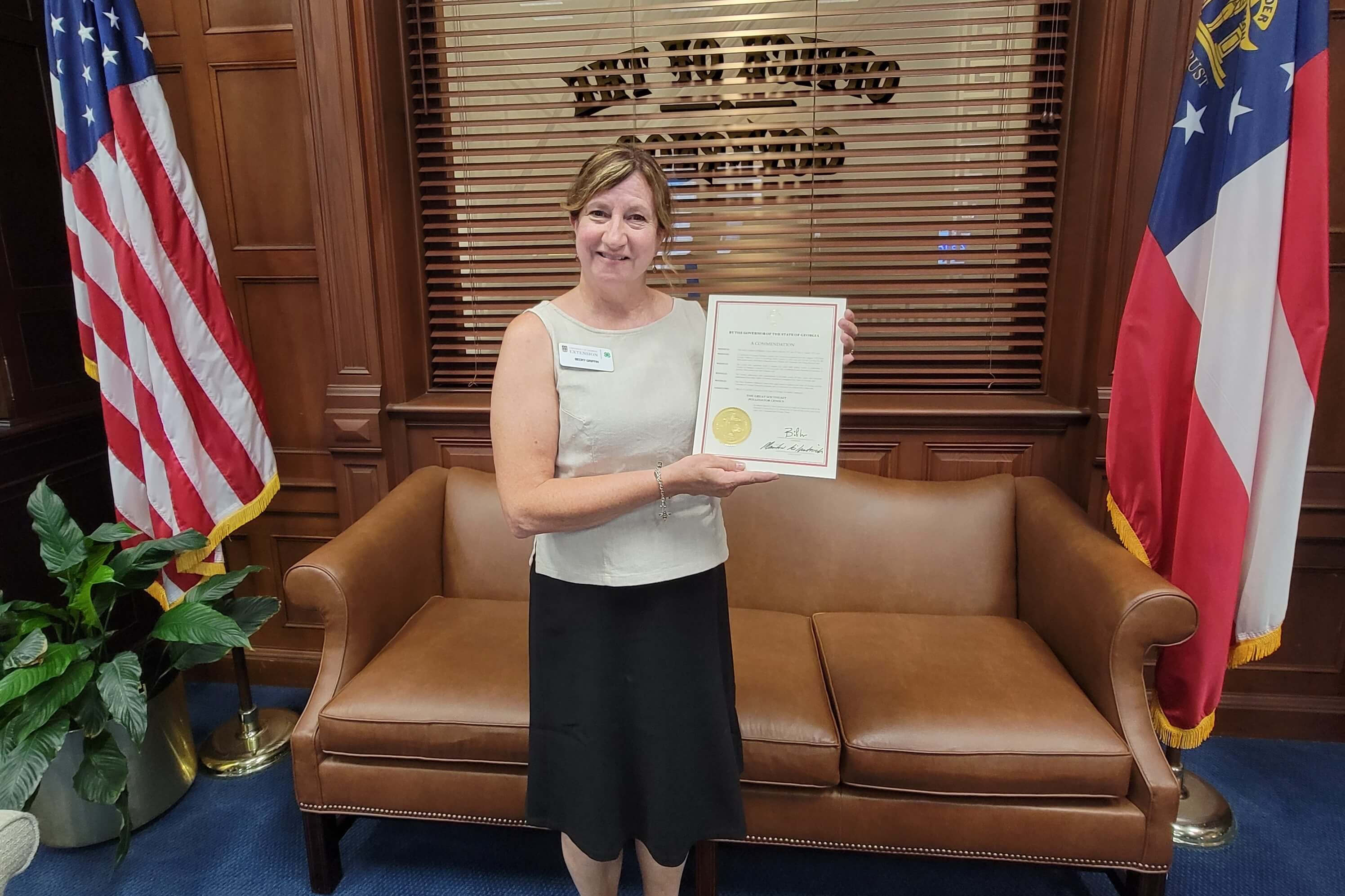
.png)
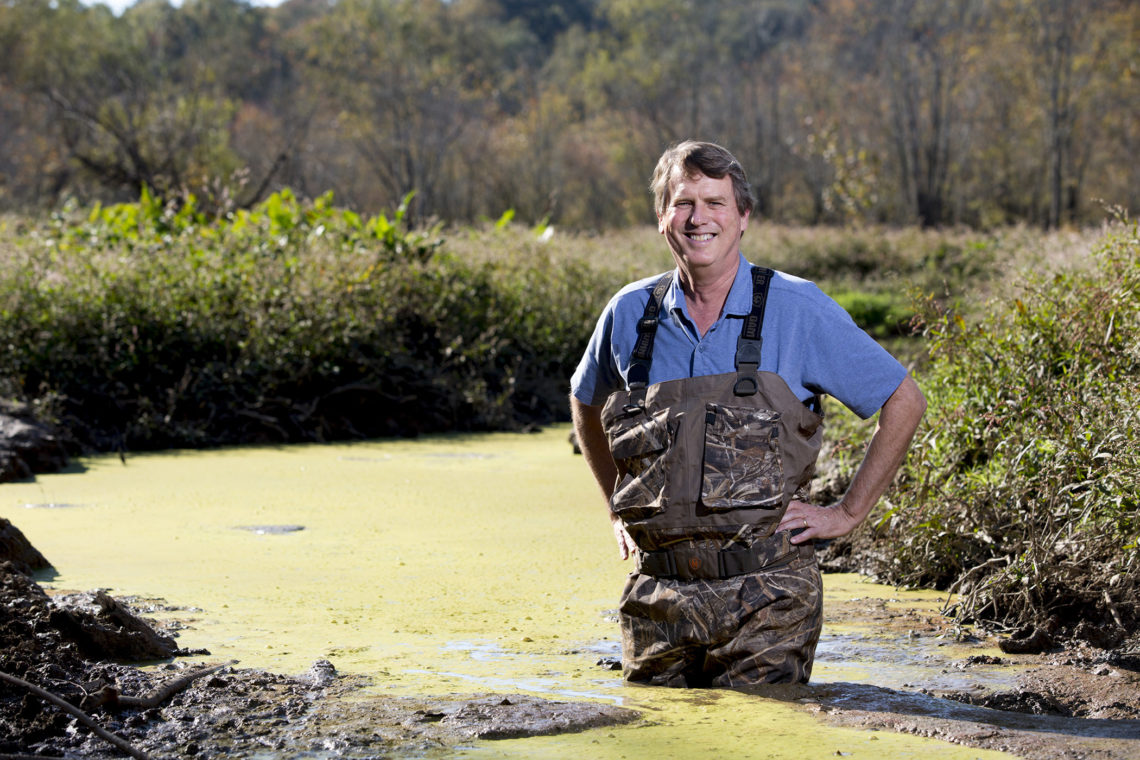
.png)
